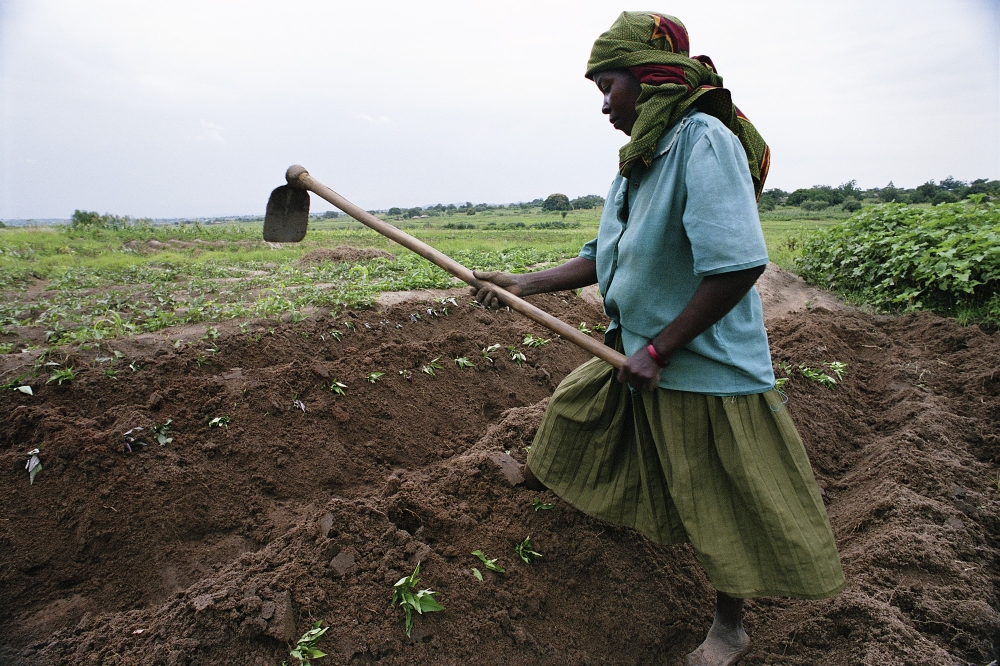New joint UN and EU report reveals 113 million people are suffering from acute food insecurity

The 2019 Global Report on Food Crises, published by FAO, WFP and EU on 2nd April, revealed that 113 million people, across 53 countries, experienced acute food insecurity during 2018.
This is a decrease from the previous report, which put the total at 124 million. While this is an improvement, the number of those experiencing acute food insecurity has stayed above 100 million for the past three years. The number of countries facing acute food insecurity has increased by two.
FAO Director-General José Graziano da Silva, said:
“It is clear from the Global Report that despite a slight drop in 2018 in the number of people experiencing acute food insecurity – the most extreme form of hunger – the figure is still far too high. We must act at scale across the humanitarian-development-peace nexus to build the resilience of affected and vulnerable populations. To save lives, we also have to save livelihoods.”
This year’s decrease is likely due to the the difference in climate and natural disasters. Many highly exposed countries did not experience as many severe climate-related shocks compared to 2017, according to the report.
Of the 113 million people, two thirds come from eight countries: Yemen, the Democratic Republic of the Congo, Afghanistan, Ethiopia, the Syrian Arab Republic, the Sudan, South Sudan and northern Nigeria. According to the report, these eight are likely to remain the most severe food crises throughout 2019.
The report reveals that conflict and insecurity remained the main driver for food insecurity during 2018. 74 million people facing acute food insecurity were located in 21 countries, all of which were affected by conflict.
WFP Executive Director, David Beasley, said:
“To truly end hunger, we must attack the root causes: conflict, instability, the impact of climate shocks. Boys and girls need to be well-nourished and educated, women need to be truly empowered, rural infrastructure must be strengthened in order to meet that Zero Hunger goal. Programmes that make a community resilient and more stable will also reduce the number of hungry people. And one thing we need world leaders to do as well: step up to the plate and help solve these conflicts, right now.”
Join us for the 11th Annual AIDF Global Summit in Washington D.C, USA on 4-5 September 2019 to discuss food security.
If you’d like to stay informed on the latest updates in aid and development, please sign up for the AIDF newsletter.
Photo: World Bank / Scott Wallace















